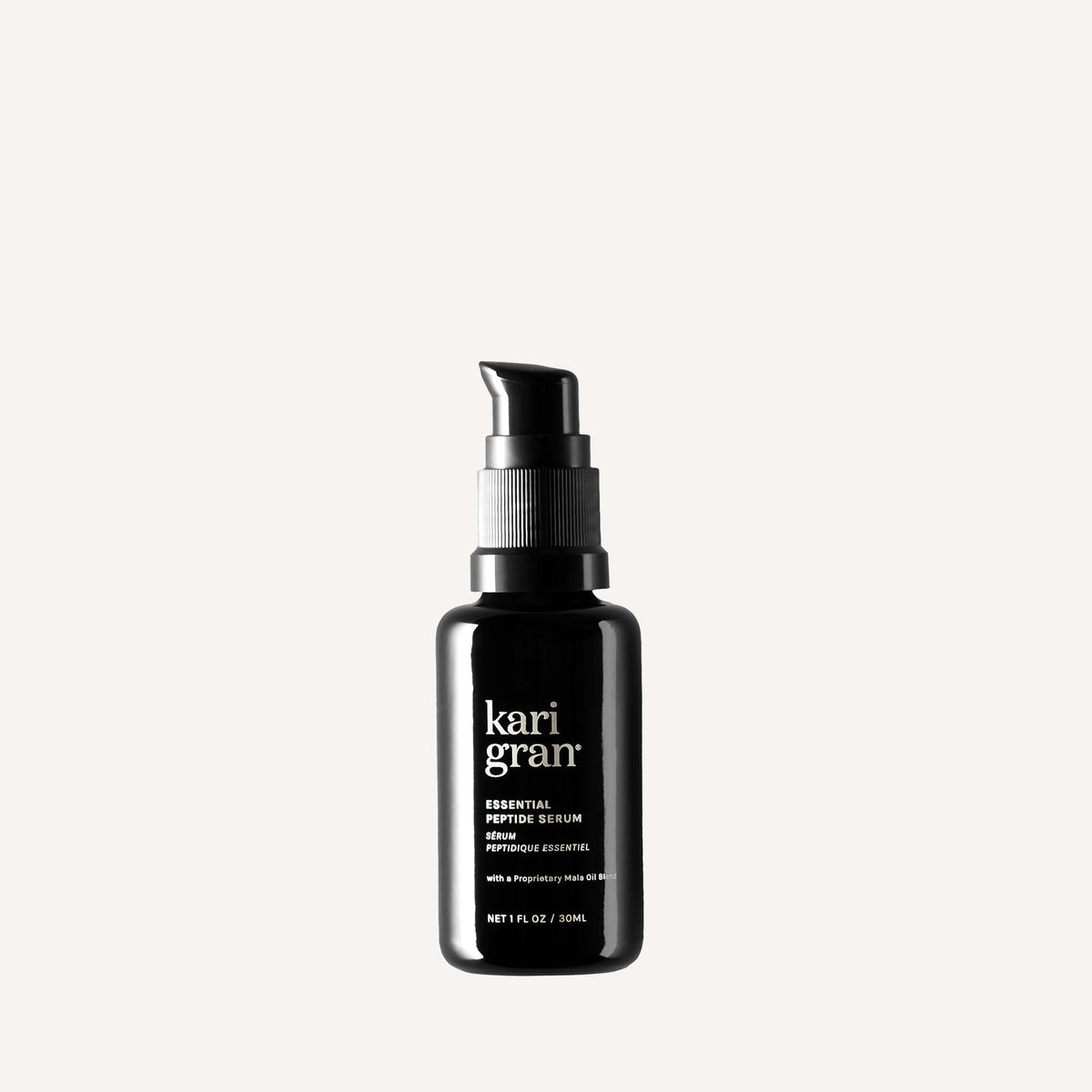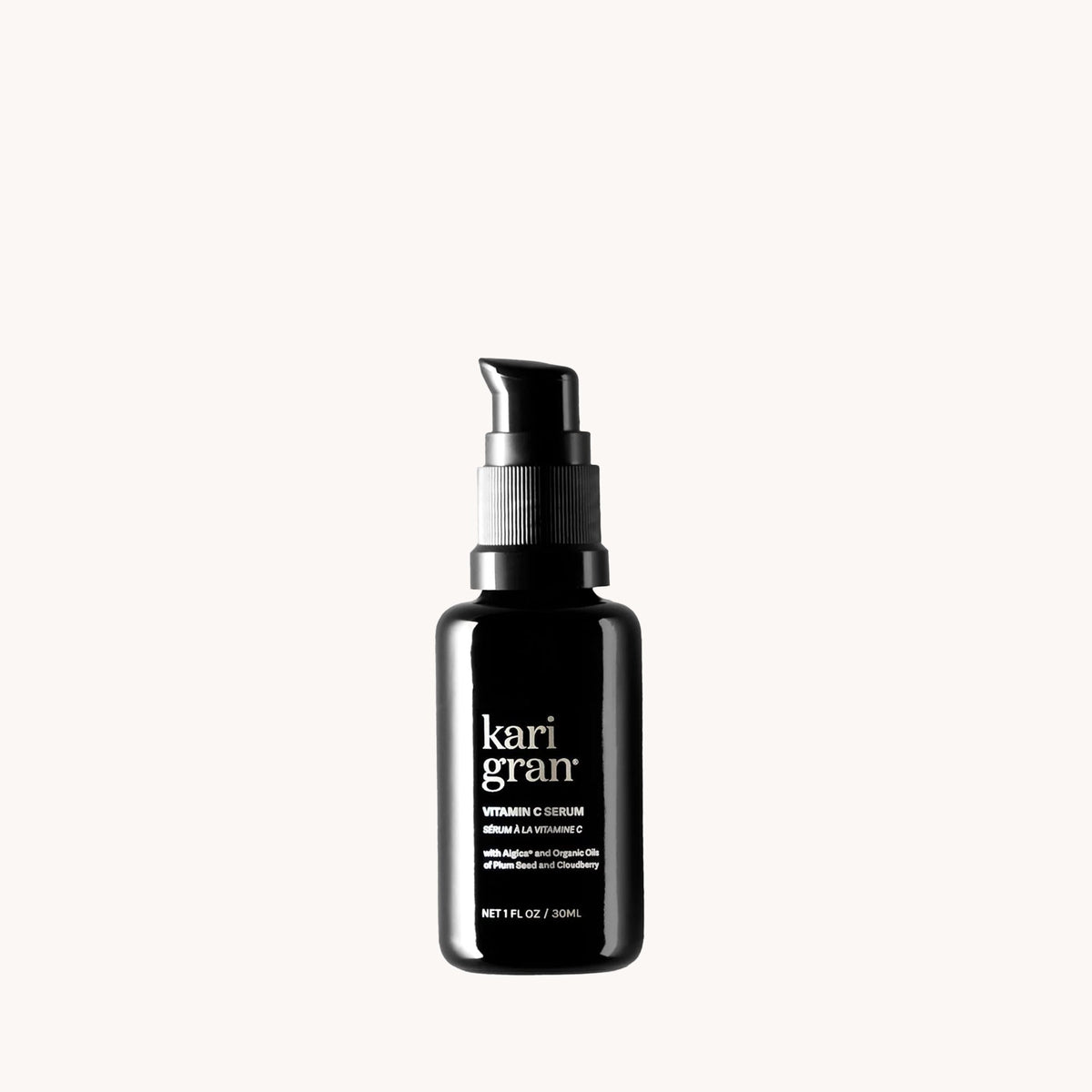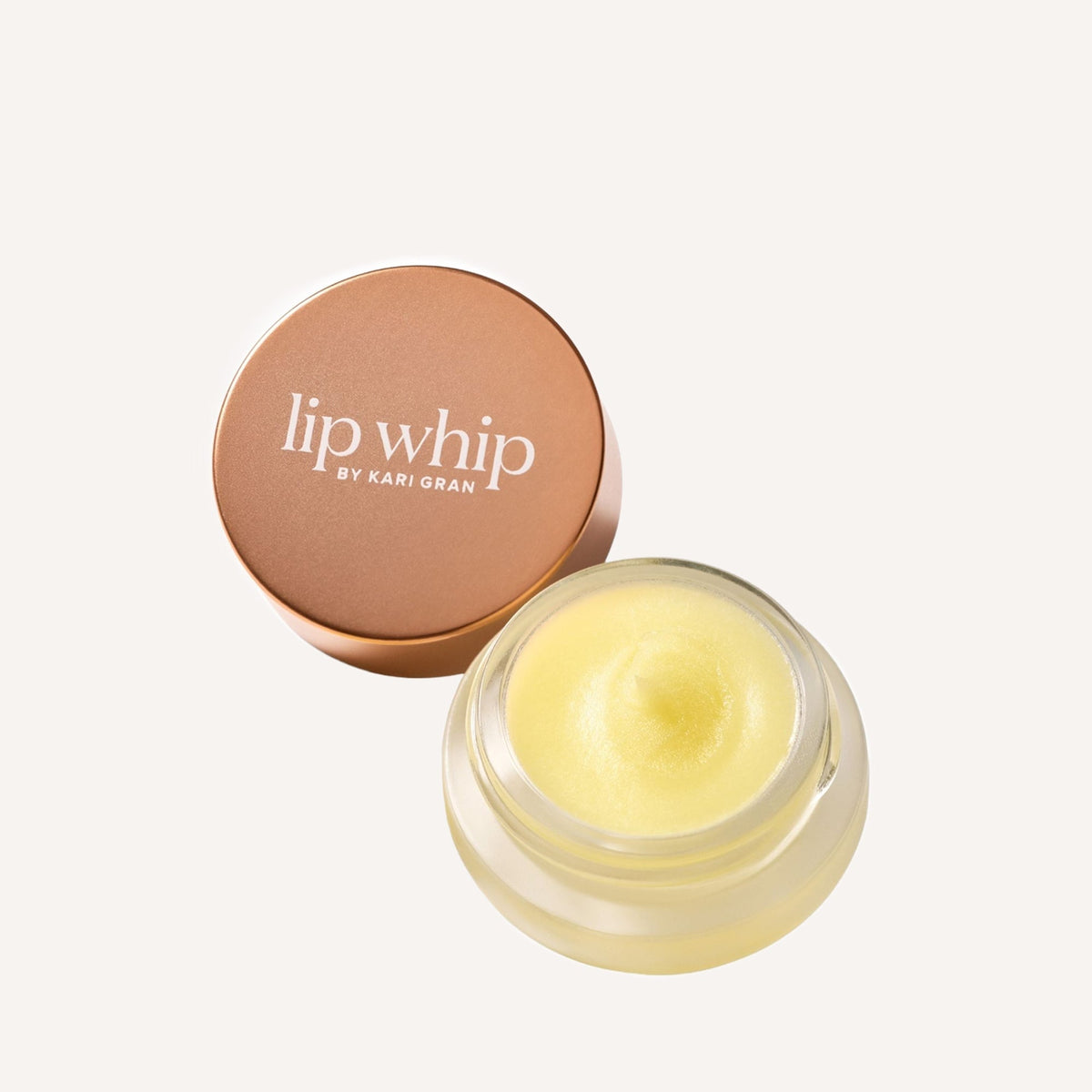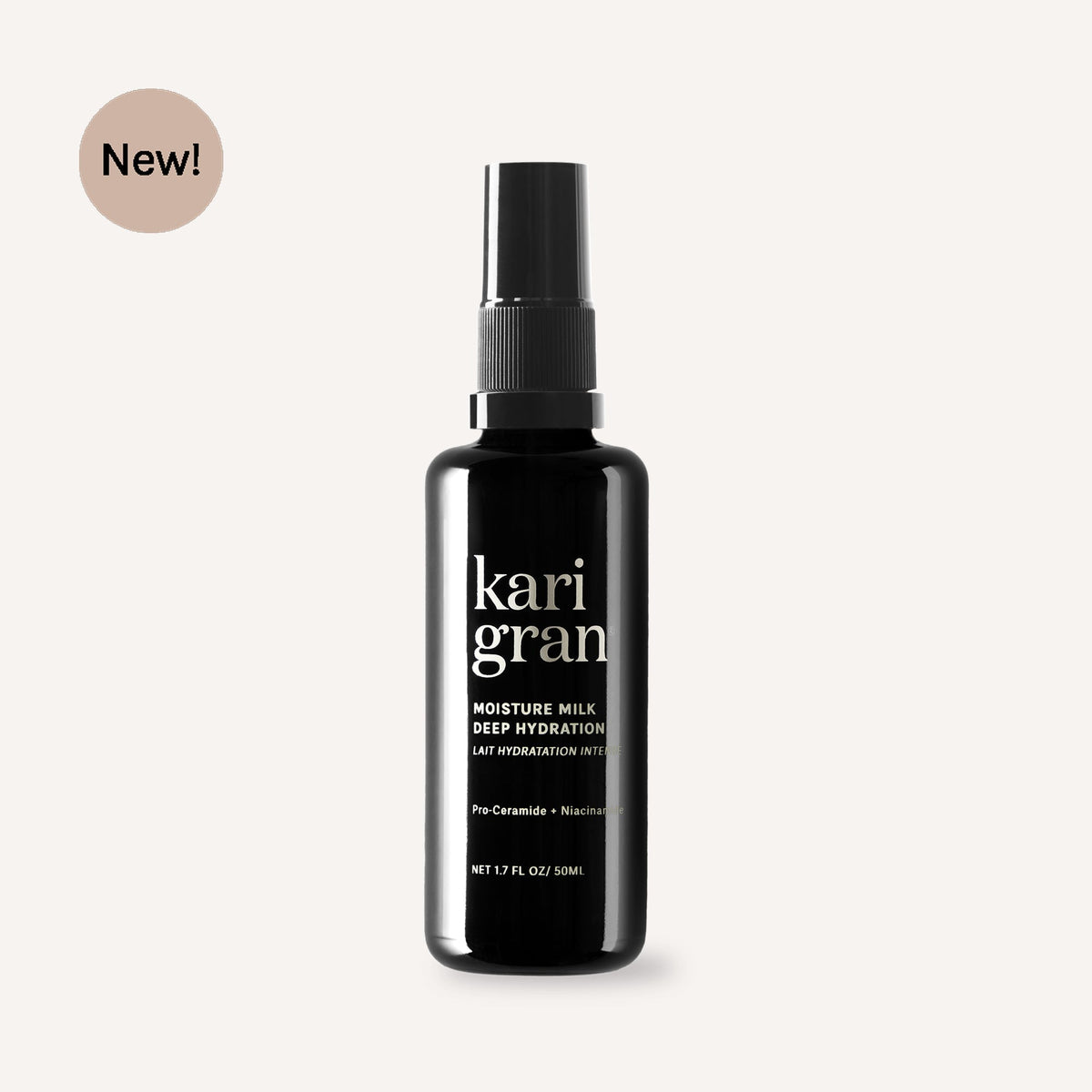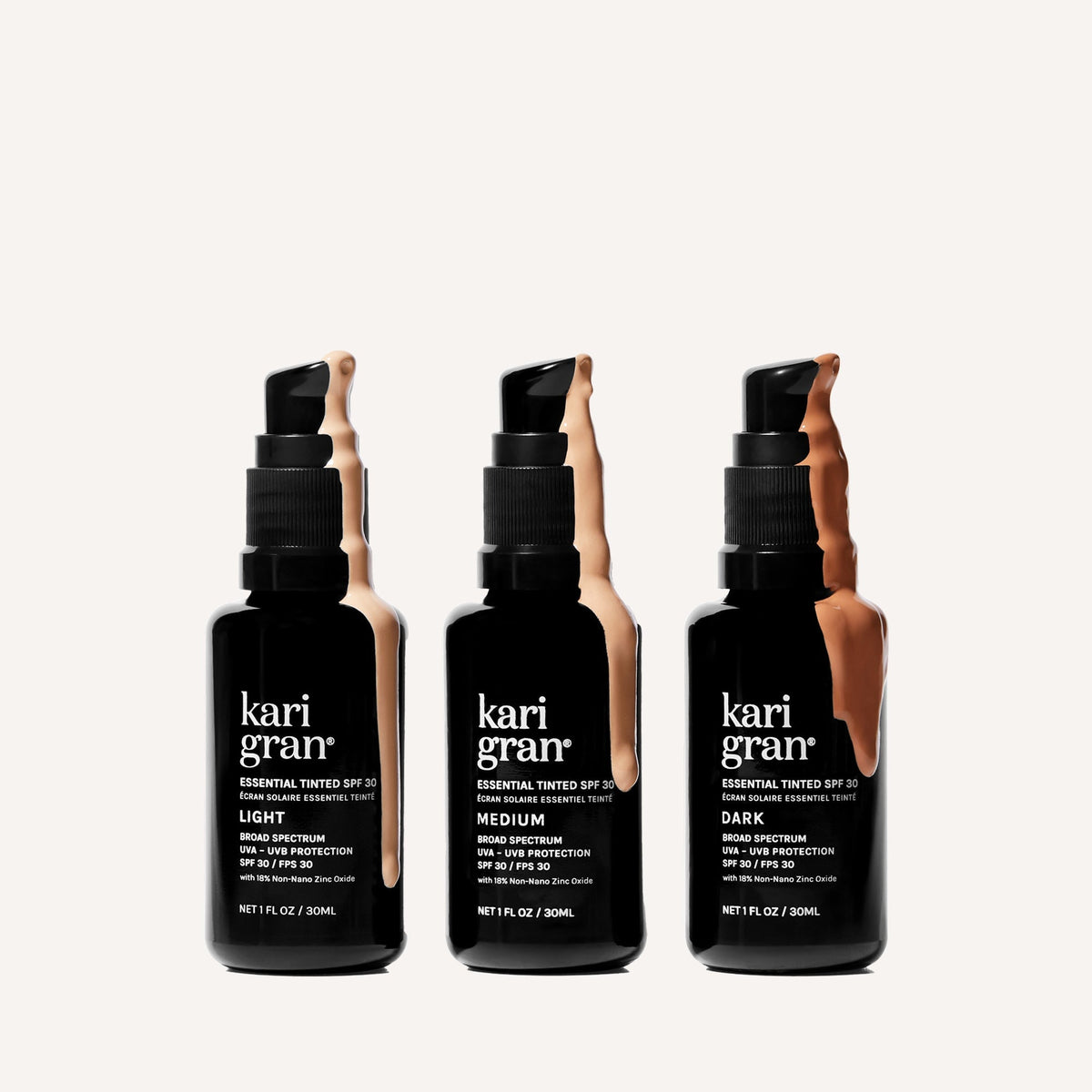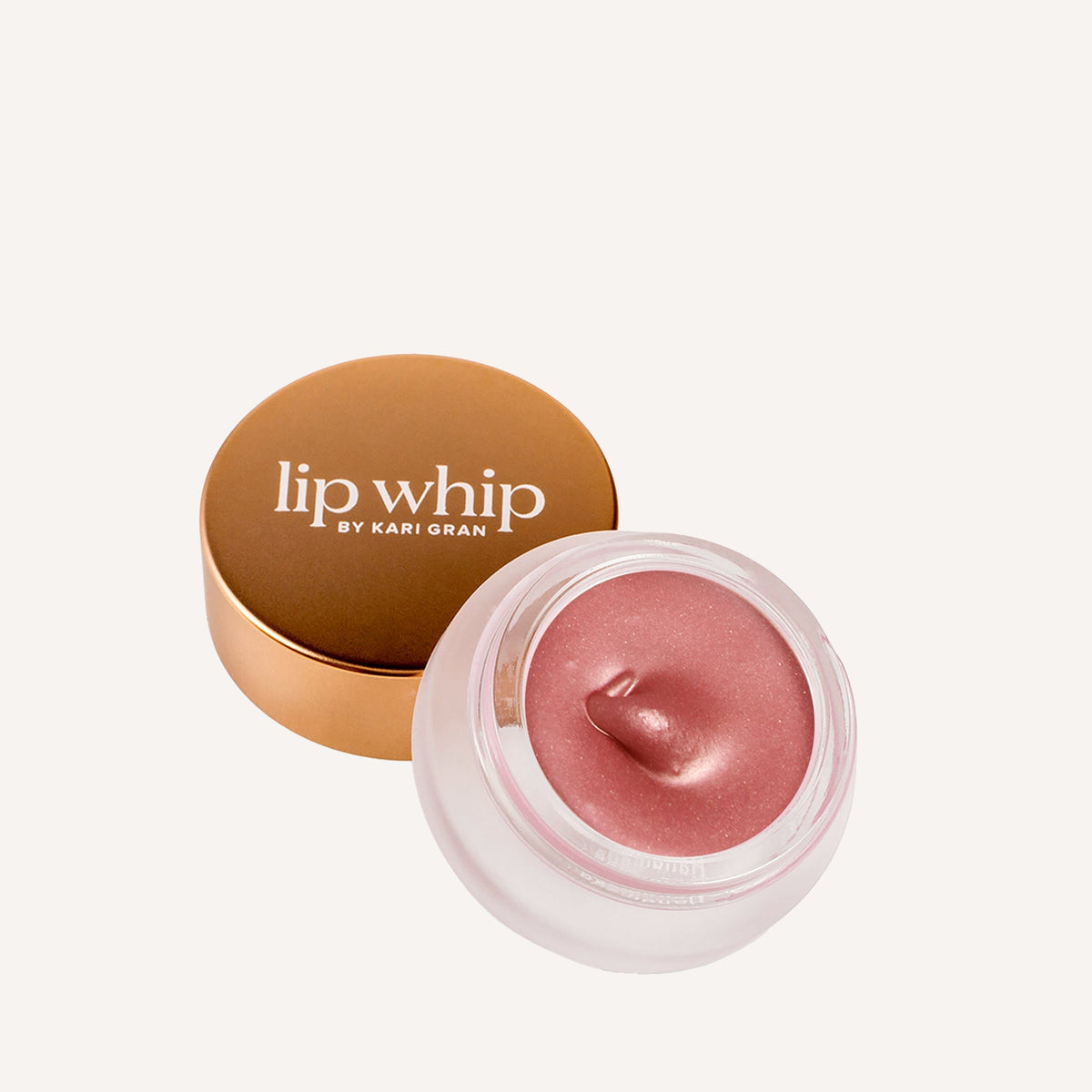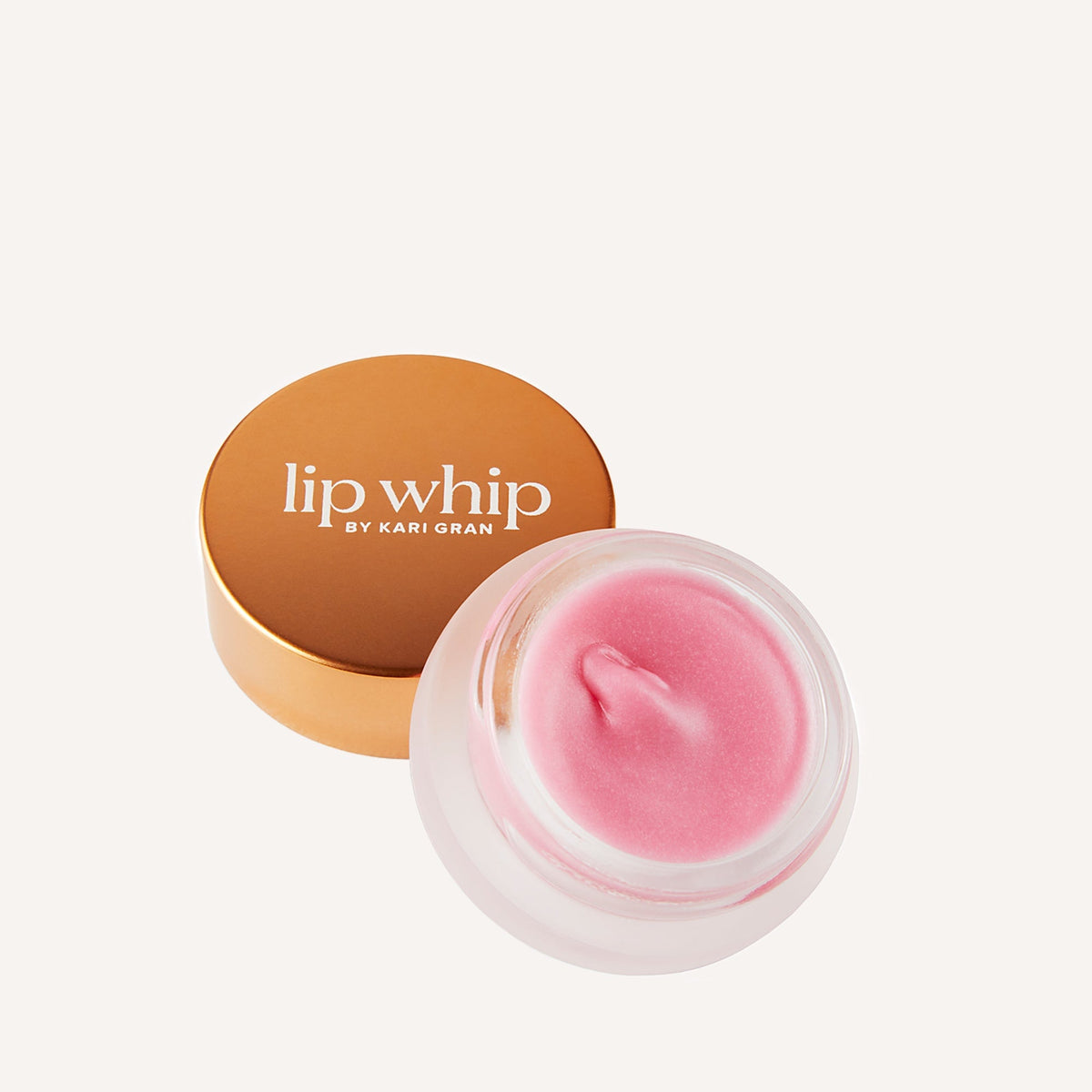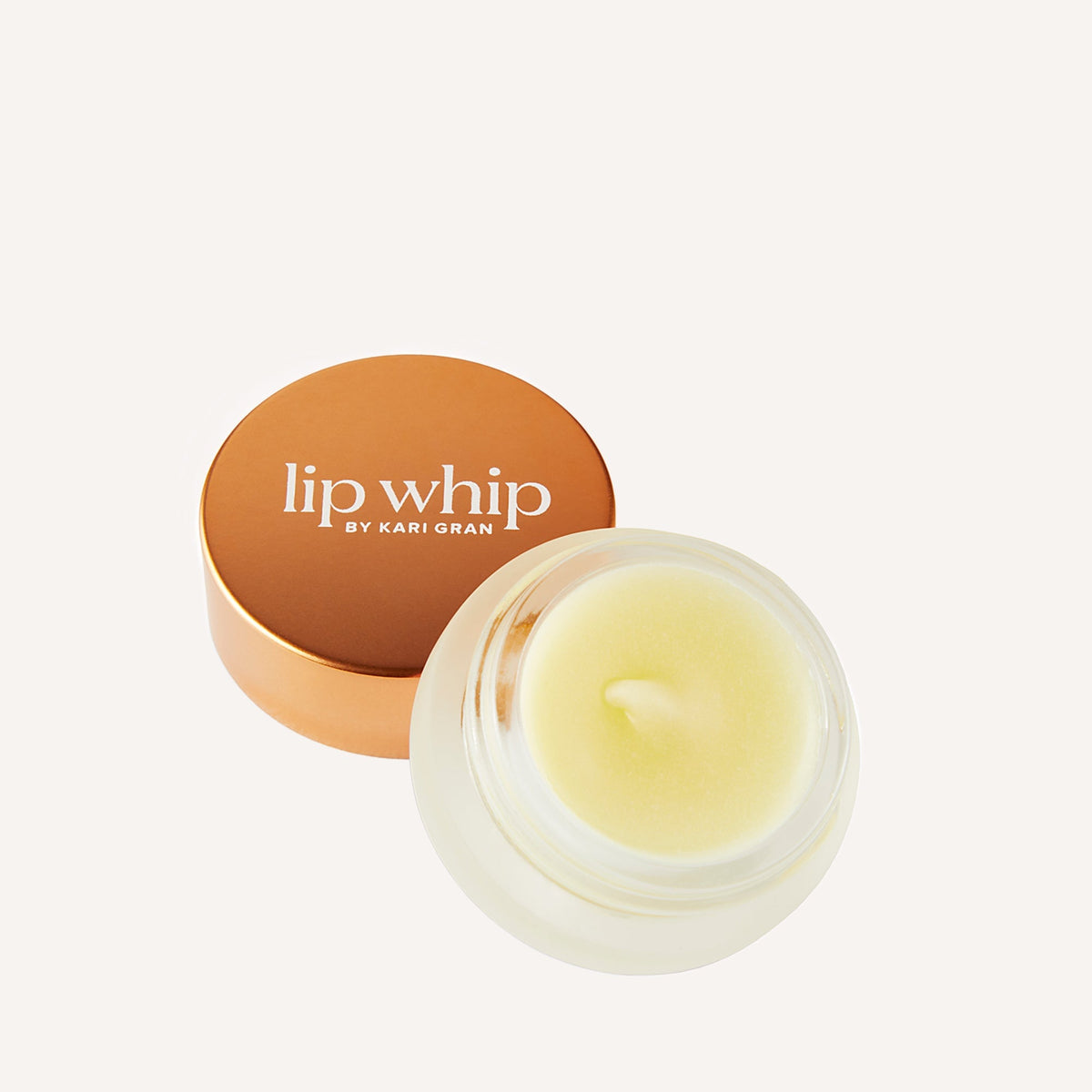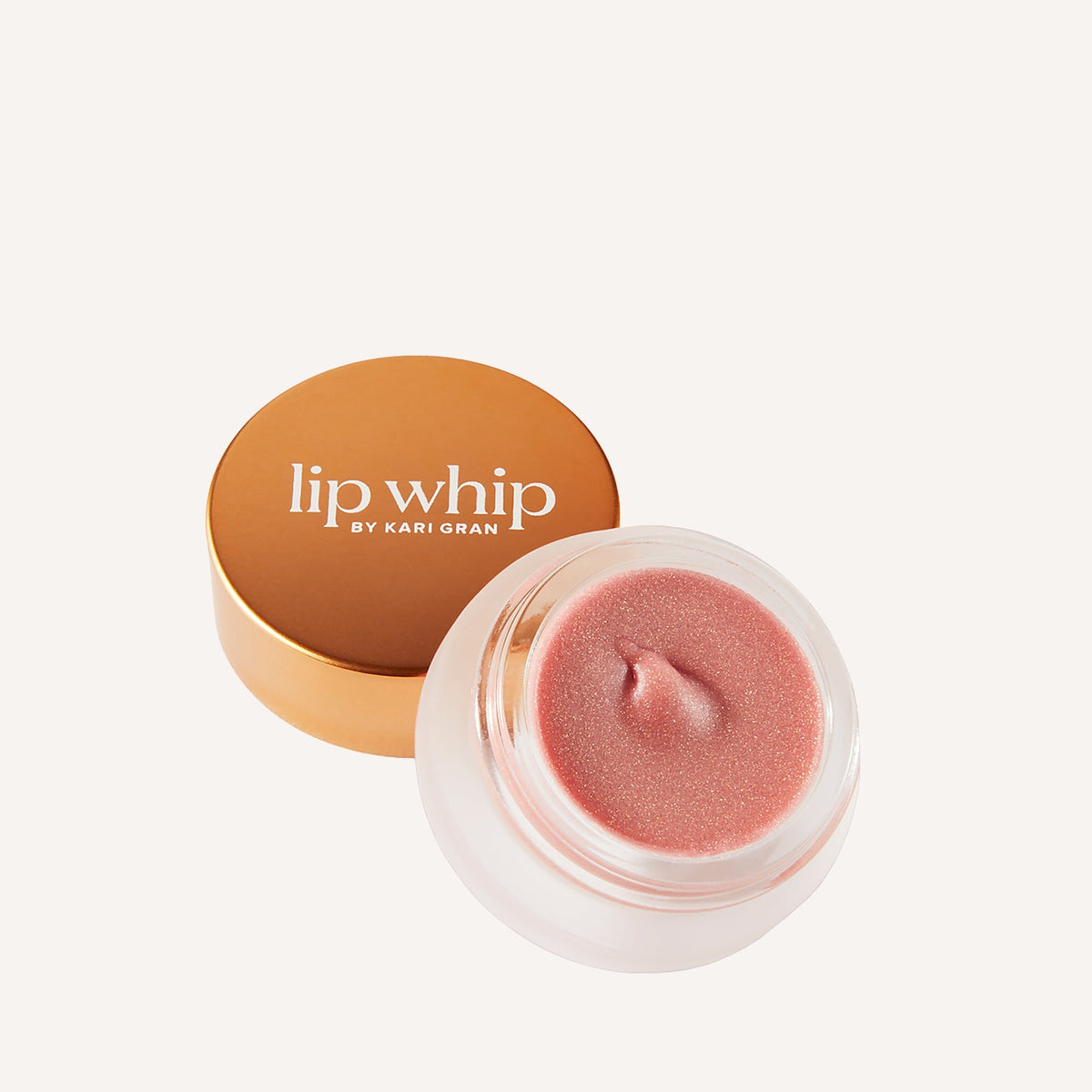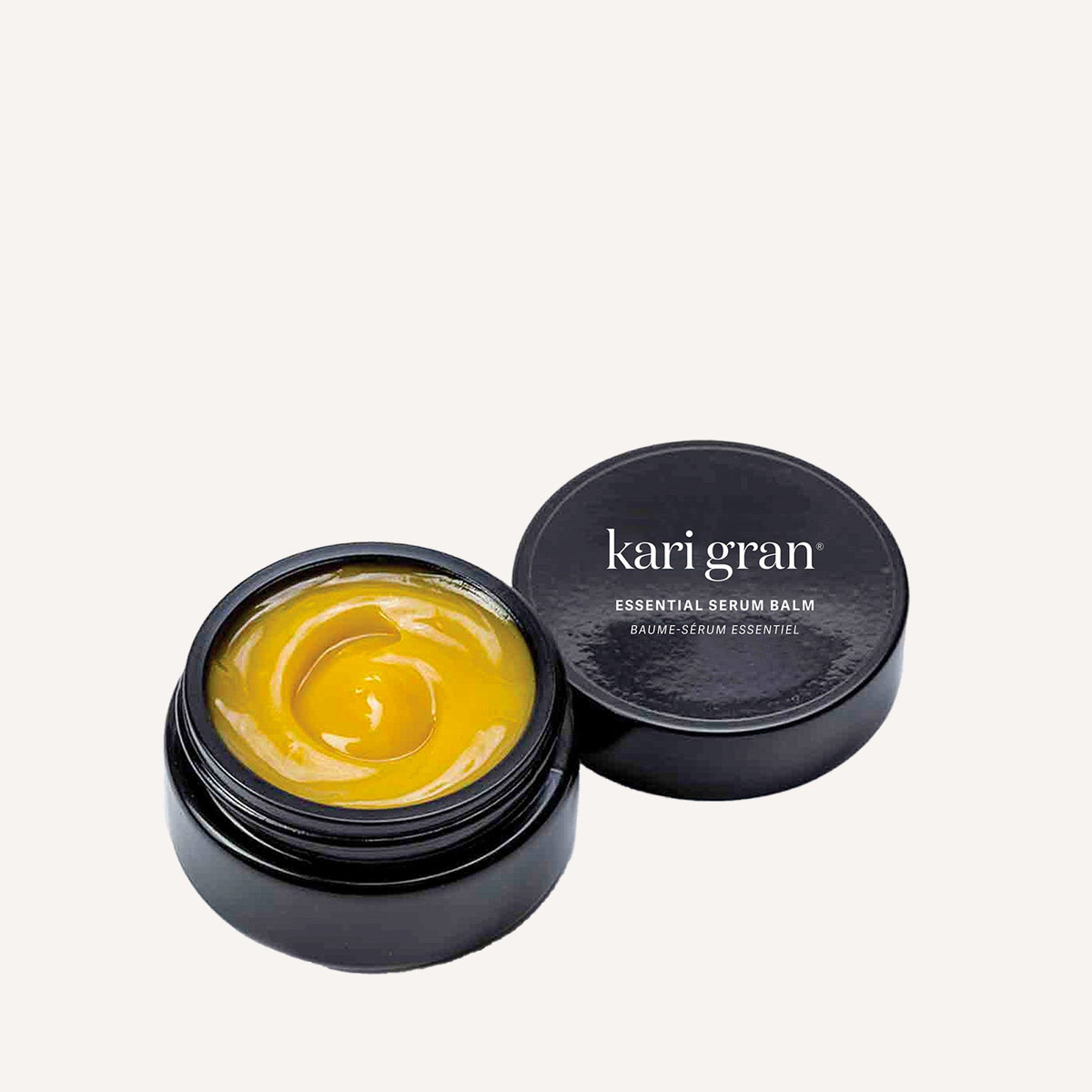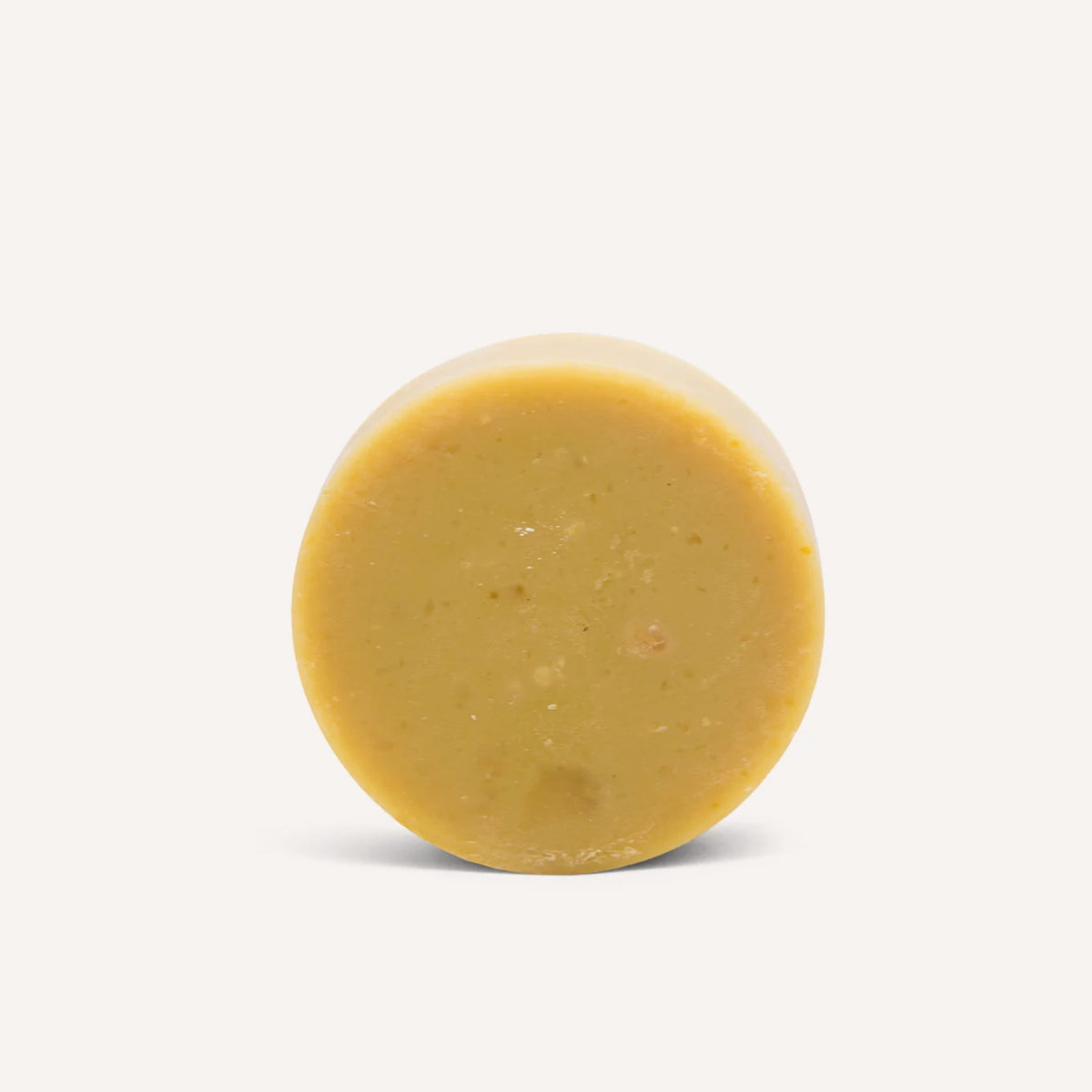Meet Dr. Wendy Ellis, Naturopathic Physician and Educator
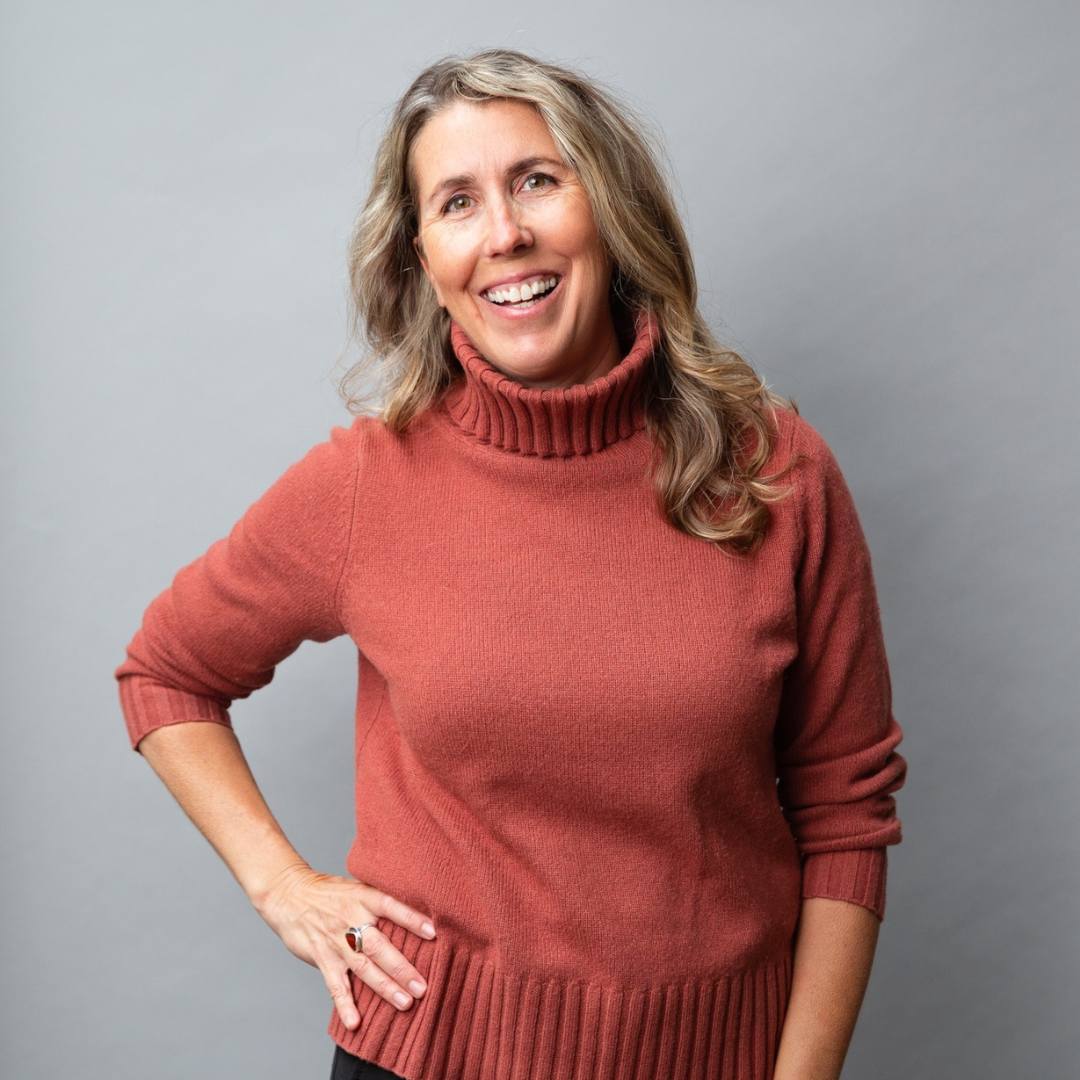
Atta Girl Interview Series
A seasoned naturopathic physician and educator living in Seattle, Washington. She began her practice in 2002, and her clinical experience has taken her from a rural clinic in Nicaragua to a 12-year private practice in Seattle where her emphasis is on hormone related health care. She is also on the provider team at Gennev, a leading virtual menopause clinic. Her clinical interests also include gastrointestinal health, autoimmune disease, diabetes, cardiovascular healthy and weight gain. She’s worked for several years in the translational science department of a Seattle genetic wellness startup (Arivale), lectured at medical conferences for physicians, and examined data from thousands of individuals to get a better understanding of therapies and lifestyle changes that improve health outcomes over time.
Is Kari a difficult patient?
HIPAA laws prevent me from talking about any of my patients!
I will say, however, that no two patients are the same, thus the approach to each case is very different. We all come with different habits, genetics, medical histories… and all of that comes into play with treatment. I can make all the suggestions, but the plan needs to be personalized and realistic / attainable – otherwise it just won’t work. In addition, I think sometimes physicians do too much talking and not enough listening – patients know their bodies best. It’s a COLLABORATIVE care model that has the best outcome.
What type of exercise is best for women 40+? Is it different as we age?
Absolutely. When we are young, our metabolism is quite different, and our joints can handle a lot more physical stress. I know a lot of my patients say diet and exercise hasn’t changed, but as they reach the mid 40’s and beyond, they tend to see loss of muscle mass, more adipose (fat) tissue, and the excess weight tends to appear around the middle. A lot of this is due to the decline of estrogen. Our bodies also tend to be more in a catabolic state vs anabolic state– so we are losing muscle and bone mass instead of building it.
Cardiovascular health is important – moving your body and getting your heart rate up, but I find that strength training is so much more important at this time. Lifting weights, doing resistance training like planks, squats, etc. and doing this at least 3-4 x per week is imperative if you want to maintain lean muscle mass. This also must be paired with adequate protein intake – which is calculated according to weight and degree of exercise intensity.
What’s a DEXA scan and do women need it?
There are two different types of DEXA scans. One is an X-ray specifically for measuring bone density and the other is looking at body composition (muscle vs fat mass). Both can be useful – however, the DEXA scan that is used in a standard medical practice measures bone loss that is associated with declining estrogen levels. This type of DEXA scan is an x-ray of the lower spine and hips – in some cases, they may look at the bone density of the wrist. It’s a quick, non-invasive test and covered by insurance.
Historically, DEXA scans are performed on women at age 65, which is too late. We tend to lose the most bone within a 5-year period around menopause, which happens on average at age 51. I recommend doing a baseline bone density test at menopause (once you’ve not had a menstrual cycle for 12 months). You might be at higher risk for osteoporosis if you are a petite woman, have family history of osteoporosis, have history of excessive exercise or disordered eating (even if this occurred in college), or have a history of hyperthyroidism, among other reasons.
What should women be eating as they enter peri menopause, menopause or post menopause?
I always revert to recommending a whole foods diet as much as possible. The Mediterranean diet continues to be the healthiest diet for reducing all disease states. Our current “fast food” lifestyles tend to include too much processed food – which is full of salt, sugar, simple carbohydrates and the wrong types of fats. We need to think about vegetables first, and eat a wide variety of them (eat the rainbow!), as we know that our intestinal microbiome is so important for lean muscle mass, mental health, our immune system – and the more diverse our microbiome, the healthier we are. How to do that? Feed it a variety of fruit and vegetable fibers. If you eat foods that are in season, this is an easy way to get that variety. We also lose muscle and bone mass as we age – so protein becomes even more important. Most of my patients only get 1/3 to 1/2 of the recommended protein intake.
I’m not a fan of fad diets or dieting. If we restrict foods, we tend to binge on them. So, I try to follow an 80 / 20 plan. If you eat lean proteins, veggies, fruits, and complex carbs (think beans, quinoa, millet, more whole food starches) as your main diet – then you can eat the scone when you want without the guilt.
I find that counting grams of protein is helpful, but counting calories is not. Food tracking can be helpful, but not all calories are the same! Keep it simple and shoot for whole foods.
Do we really need supplements?
Sometimes. Here in the Pacific Northwest, we have a lack of sunshine, thus we need to take vitamin D for bone and immune support. Most people need to take 2000-4000ius per day to achieve optimal levels. Fish oil can be super helpful for joint pain or dry eyes, so this is another common supplement I recommend. In addition, many of the medications we take can diminish certain nutrients in our bodies, so you may need to supplement due to the loss.
On the other end of things, I see people taking too many supplements – which can have negative effects on the liver, kidneys, or digestive tract. It’s good to check with your doctor to determine which supplements are best for you.
Is it normal to have to pee multiple times per night?
It’s common, but very aggravating and can affect our good quality sleep. As estrogen declines, the bladder and vaginal tone is reduced, and our vaginal flora also changes, increasing risk of infection. The key to reducing nighttime urination is to not drink too late in the evening – but also to consider a low dose vaginal estrogen to help improve bladder tone, which will reduce those nighttime trips to the bathroom.
Drinking plenty of water during the day is important as well – as a lack of water also increases risk of bladder irritation / infection.
What should women know about brain, heart, and bone health as they age?
Unfortunately, all of these problems become more severe with aging. Our heart disease risk increases exponentially at menopause, bone loss accelerates, and we begin to experience memory difficulties. Prevention is key!
Diet and exercise play a huge role in all these things – as well as estrogen, stress management, sleep, community, our sense of happiness…... It’s not just about taking a medication to offset the risk of osteoporosis or heart disease, although sometimes medications are a part of treatment.
Heart disease is the number one killer of men and women, though women’s risk increases at menopause, while men tend to have a higher risk earlier in life. Women are also twice as likely to develop Alzheimer’s than men. We also have a much higher risk for osteoporosis, due to the sudden loss of estrogen and our smaller skeletons vs those of men.
All these things should be addressed earlier in life if possible! Prevention is key.
As a hardworking, multi-tasking woman, how do you relax or unwind?
The favorite part of my day is my post work walk through the woods to the beach with my dog. Being in nature is so important to me – where I can unplug from my phone / computer and enjoy the beauty of the northwest with my happy golden retriever mix Tucker. I also go to yoga at least 3 x per week before I start my day, and this is equally important. Not only does it start my day with some movement and breathing exercises, it also sets me up to make healthy choices for the day with water and food intake.
Evenings at home with my husband are also a favorite part of my day, as we enjoy cooking and sharing a meal, where we can be present and have that quality time together. I think shared meals (at least one per day) is an important part of a healthy relationship.
On weekends, we try to spend as much time as we can out on Puget Sound in our boat, as weather allows. This is truly our happy place, as we tend to enjoy it with friends.
What would my dream concert be?
I absolutely love seeing live music and going to shows, so I try to make the effort to get out and see music as much as I can. One musician I never had the opportunity to see was Prince – that show would be pretty amazing to see. I like a show I can dance to!

